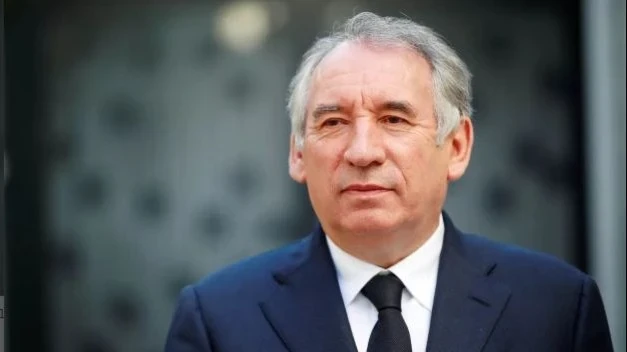 |
| The huge challenge for new Prime Minister François Bayrou is to build a stable majority in Parliament to avoid the possibility of a vote of no confidence. |
Mr. François Bayrou, born in 1951, is the leader of the centrist Democratic Movement (MoDem) party, a close ally of the French President. As a centrist , he was a candidate in the presidential elections of 2002, 2007 and 2012.
On the morning of December 13, President Emmanuel Macron received Mr. François Bayrou at the Élysée Palace.
Previously, President Emmanuel Macron spent two months choosing Prime Minister Michel Barnier. This time, the appointment was faster because the lack of government leadership could affect the approval of the 2025 budget and could negatively impact the operation of the state apparatus and financial markets.
In recent days, President Emmanuel Macron has met with the leaders of the parties to discuss forming a government "for the common good", except for the France Undefeated (LFI) party, which came first in the early parliamentary elections in July, and the far-right National Rally (RN). These two parties proposed a vote of no confidence in the government on December 4.
In a context where there is little hope for a "national unity" government as desired by President Emmanuel Macron, the two left-wing parties Socialists (PS) and the right-wing Republicans (LR) have agreed to discuss "an agreement that they can accept will not vote no confidence in the new government" but still maintain the position of an opposition party.
On December 10, the French President announced that he would appoint a new Prime Minister before December 12 to negotiate with the parties on a commitment not to hold a vote of no confidence in the new government. Later, the Élysée Palace announced that the appointment would be postponed to December 13.
Thus, the French President had to consider carefully to appoint a new Prime Minister to avoid the possibility of being impeached again soon. The purpose is to ensure that the new government will be stable and long-lasting, and will not be dissolved as soon as the government of Mr. Michel Barnier.
Earlier, on December 11, the outgoing government of Prime Minister Michel Barnier held its last Council of Ministers meeting before France has a new prime minister. The main content of the meeting was a special finance bill to ensure the state apparatus can operate while waiting for a new budget for 2025, which will be passed next year. The special finance bill is expected to be passed in the House of Representatives on December 16 and in the Senate on December 18.
Six months after President Emmanuel Macron decided to dissolve the National Assembly to hold a new presidential election, French politics has fallen into an unprecedented state of uncertainty. Michel Barnier served as prime minister for only three months, the shortest in the history of the Fifth Republic in France. Despite calling for cooperation from all parties, the government was still overthrown after a vote of no confidence in the National Assembly.
Mr. François Bayrou's task will be very heavy, forming a new government capable of overcoming huge challenges in the National Assembly such as the risk of a vote of no confidence and passing the budget because the ruling coalition does not have a majority.
Immediately after the President's appointment, Jordan Bardella, Chairman of the far-right RN party, assured that there would be no motion of no confidence, and called on the new Prime Minister to "consider the new political situation and dialogue with the parties in Parliament".
Meanwhile, representatives of the LFI and Green parties do not support this choice and said they will propose a vote of no confidence if some laws are not amended, such as removing the retirement age of 64. National Secretary of the French Communist Party Fabien Roussel said that the French President has not made any major changes and the possibility of a vote of no confidence will occur if the new Prime Minister applies Article 49-3 of the Constitution to pass bills without a vote in the National Assembly.
France has a new prime minister a week after a no-confidence vote in the National Assembly against the government of Prime Minister Michel Barnier. However, the political situation in France may still be complicated because the left, which came first in the recent parliamentary re-election, wants President Emmanuel Macron to appoint a new prime minister from their faction. Meanwhile, the right, specifically the Republicans party, rejects all candidates from the left-wing New Popular Front (NFP).
Source: https://baodaknong.vn/chu-tich-dang-modem-francois-bayrou-duoc-bo-nhiem-lam-thu-tuong-moi-cua-phap-236847.html


![[Photo] Da Nang: Hundreds of people join hands to clean up a vital tourist route after storm No. 13](https://vphoto.vietnam.vn/thumb/1200x675/vietnam/resource/IMAGE/2025/11/07/1762491638903_image-3-1353-jpg.webp)





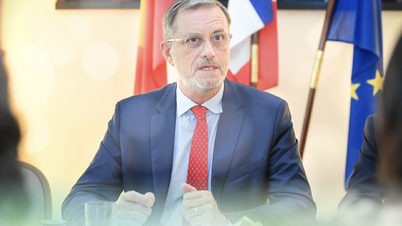




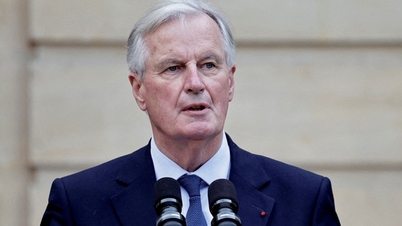
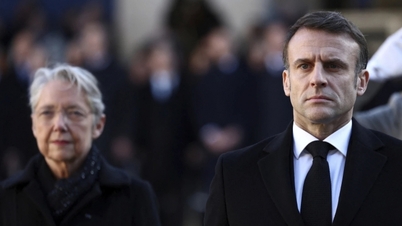

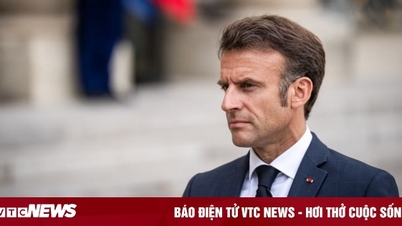



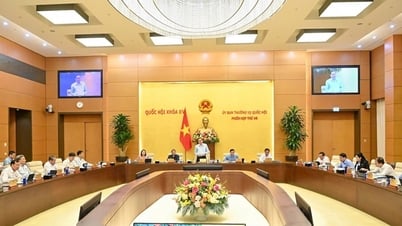


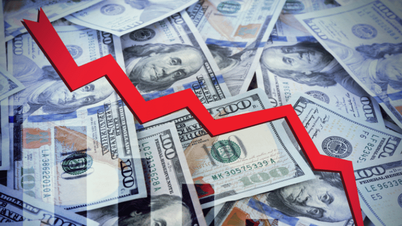










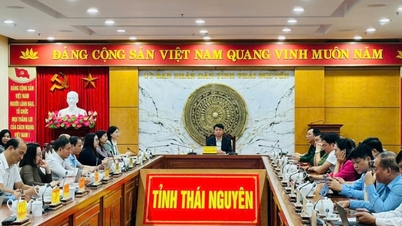
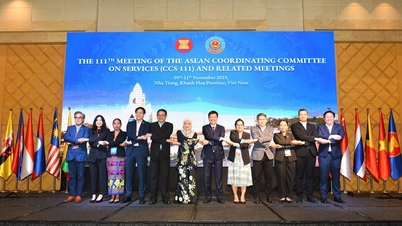




















































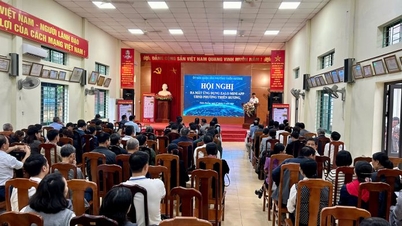






















Comment (0)